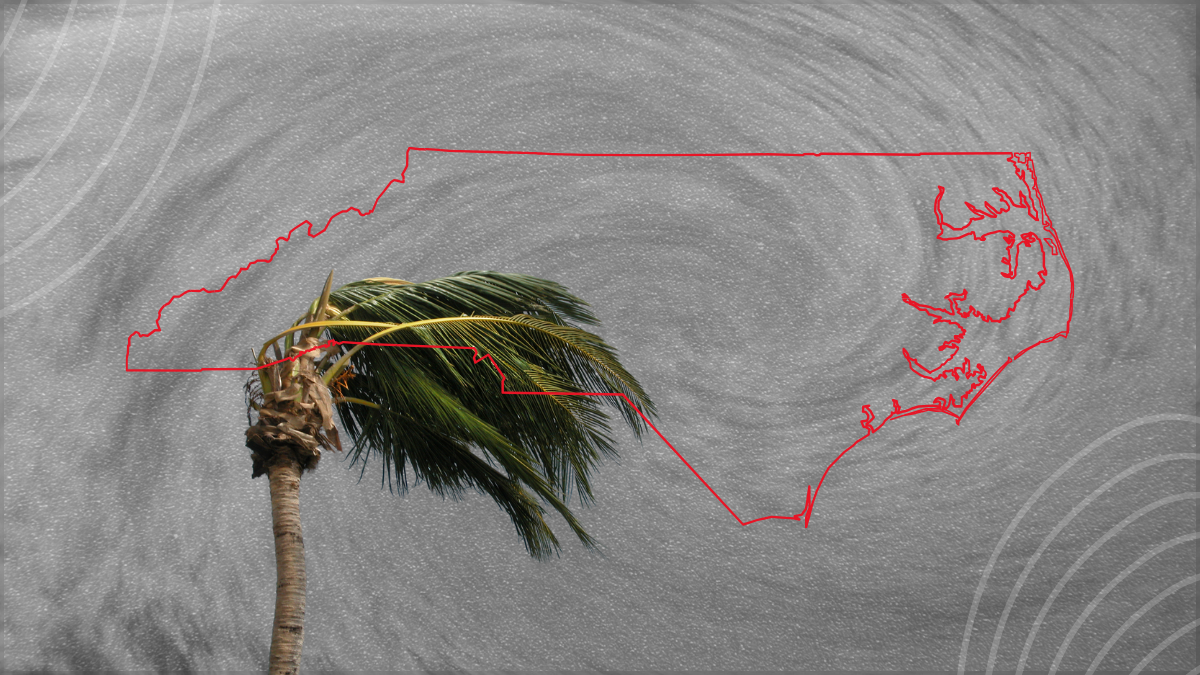Source: WRAL
Hurricane Lee set a record as the fastest system to intensify from a tropical storm to a Category 5 hurricane in the Atlantic’s history. This is yet another example of how climate change is affecting the lives and livelihoods of North Carolinians.
Warm ocean temperatures are the fuel for hurricanes, and the Atlantic Ocean is currently experiencing record-breaking heat. This is allowing hurricanes to intensify more rapidly and reach higher intensities than ever before.
“All the projections agree that as our climate continues to warm, we will see more extreme rates of strengthening in hurricanes,” said Rosimar Rios-Berrios, a climate scientist at the National Center for Atmospheric Research.
Rapidly intensifying storms are more difficult to forecast, giving less time for preparation and evacuation. They can also be more destructive, as they can pack more power in a shorter amount of time.
In addition to making hurricanes stronger, climate change is also making them slower-moving. This means that they can dump more rain and cause more flooding, as the water has more time to soak into the ground.
“The increase in the number of Category 4 or 5 storms is really a telltale sign of climate change,” Kevin Reed, a professor in the School of Marine and Atmospheric Science at Stony Brook University, told WRAL. “What we’re anticipating is that the impacts from such a storm would be wide reaching inland,” Reed added.
North Carolina has only been hit once by a Category 4 hurricane, but climate scientists say that this could change in the future. They are urging residents to prepare for stronger hurricanes and to take steps to mitigate the effects of climate change.
Here are some things you can do to prepare for stronger hurricanes:
- Make a plan for how you will evacuate if necessary.
- Stock up on food, water, and other supplies.
- Have a plan for how you will communicate with your family and friends during a hurricane.
- Consider making upgrades to your home to make it more hurricane-resistant.
It is clear that shifts in our climate are going to continue to impact our state. It’s time our lawmakers made dealing with these impacts a priority. With prominent leaders like Lt. Gov. Mark Robinson calling peer reviewed scientific research on the reality of our changing climate “junk science” it’s clear that the safety and security of the people of our state are not the priority of many Raleigh politicians. Burying their legislative heads in the sand is not going to protect our coastal communities from the devastating impacts of stronger and more frequent hurricanes.





